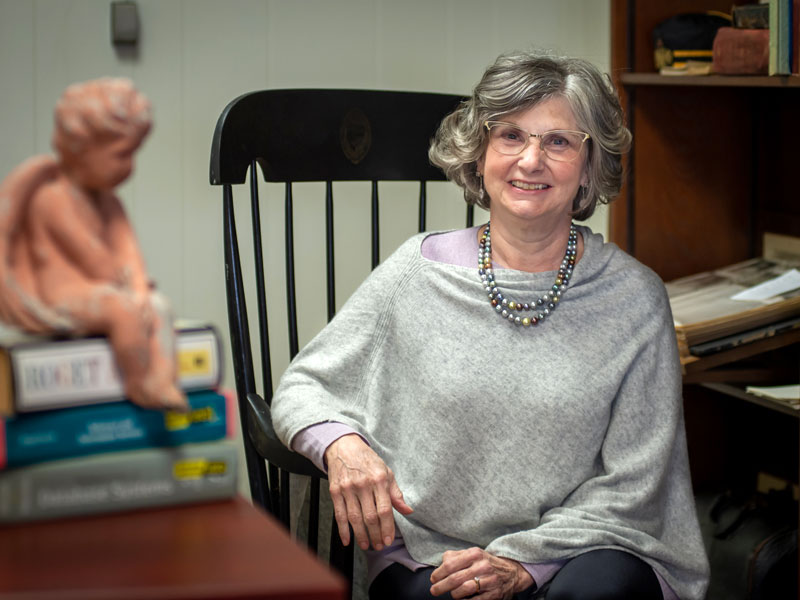Dear Tulane Community:
We have come a long way.
At this time last year, we had just announced a series of major actions in response to the global outbreak of a new disease known as COVID-19. Our campuses were on high alert and all hands were on deck as we prepared to transition to online classes, depopulate our residence halls and take numerous other unprecedented steps to help protect the health of our campus community and neighbors. Students were being separated from their friends, activities and the campuses they loved so dearly. Many were devastated – especially our seniors. Our staff worked around the clock to ensure that students left campus promptly and created alternative living arrangements for those with extenuating circumstances that did not allow them to leave. Our faculty innovated, adapted and created an online experience for the disrupted spring semester while our staff created one of the nation’s most rigorous safety, testing, contact tracing and isolation/quarantine programs to ensure that we could, once again, host in-person classes in the fall.
Of course, not everyone depopulated. Our physicians and other healthcare professionals remained at their stations to care for the sick and comfort the dying. They are still where they are needed most, as are our researchers, who have stayed in their labs seeking new tests, treatments and understanding of this complex and evolving threat.
Faced with novel, unprecedented challenges, we often had to adjust to quickly changing circumstances. But we learned and, with the cooperation of the vast majority of our students who adhered to safety protocols, we were able to maintain a positivity rate far below that of the city or state. While COVID-19 and the challenges it presented were new, we approached this crisis with the same Tulane grit, resolve and resilience with which we had confronted others.
One year later, our world is still shifting – many lives have been lost, upended or changed forever. Many are still struggling with loneliness, isolation and other emotional impacts of this historic challenge. And, yet, spring is bringing renewed hope, with vaccinations rising and infection rates beginning to fall.
While we have months to go before we can return to some “normalcy” in our daily lives and activities, it is important to reflect on what we have experienced, achieved and learned together. A number of the innovations in teaching and learning that came about as a result of the creativity, passion and energy of our amazing faculty will continue in the years ahead. Breakthroughs in epidemiology, in testing, in vaccines and other scientific advances, as well as insights into human behavior and crisis response will better prepare us for the public health threats of the future. Finally, and perhaps most importantly, I believe we have all learned how much we truly care for one another, rely on one another and enjoy one another’s company even if, for now, it is still by Zoom, behind a mask or 6 feet apart.
P.S. Information is central in the fight against COVID-19. One Hero and Helper who helped ensure that global decisions were informed by the best and latest data was Tulane’s own Elaine Hicks. Read her story below.
"Heroes & Helpers" recognizes a person or team, among Tulane's students, faculty, staff and alumni, engaged in extraordinary efforts on behalf of others in the battle against the major health crisis of our time.
Elaine Hicks
Elaine R. Hicks, a research, education and public health librarian at Tulane, was named one of only three Librarians of the Year by Library Journal, one of the oldest and most respected publications covering the library field. Hicks was honored for her work pulling together an ad hoc organization that she named the Librarian Reserve Corps (LRC), in response to the World Health Organization’s need for timely, accurate and searchable reference material about COVID-19. Since March 2020, LRC has vetted, indexed and helped disseminate tens of thousands of health resources about the SARS-CoV-2 novel coronavirus with more than 100 librarians from the United States and worldwide.


